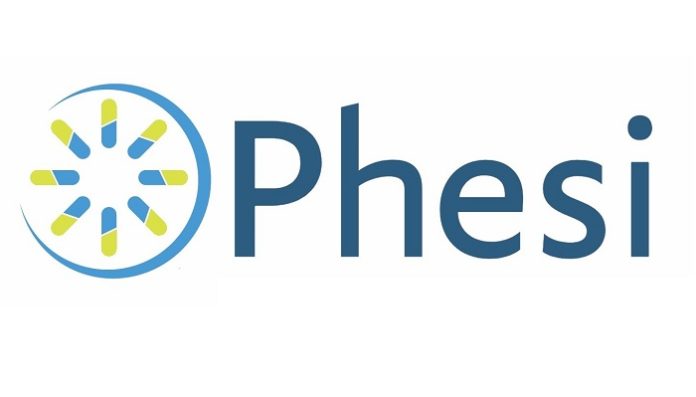Virtual clinical development specialists, Phesi Inc., are calling for clinical trials to be designed using industry modal values (data values that appear most often in historical trials data) to reduce protocol amendments. Phesi analyzed 330,000 clinical trials from the past 15 years, and found the majority require substantial protocol amendments and face enrolment challenges. The current primitive approach lengthens the trial process and causes significant additional costs. The data reveal one third of all trials can benefit from minor edits, a third require significant improvement, and a third struggle from inception and are often on the brink of failure; most of the final third of trials do fail. The analysis conclusively shows that clinical trial design should start from data-driven industry modal values to improve successful outcomes.
“Our understanding of medicines has progressed enormously in recent decades, but the way we design and implement clinical trials remains primitive. Often, flaws in trials are not obvious at the planning stage, and are disguised as operational challenges that require amendments to fix. However, these amendments could be limited or avoided entirely if sponsors made use of available data and followed modal values,” commented Dr Gen Li, President and Founder, Phesi. “While many corrections to the original protocol design do not appear complicated and are associated with inclusion and exclusion criteria, such as age, gender, disease stages and severity, they greatly increase the cost of trials and delay critical therapies getting to patients.”
To illustrate the need to review industry modal values when designing a trial Phesi analyzed a multiple sclerosis (MS) trial (NCT00355134), which originally only included female patients. This was likely because MS is more prominent in women. However, when analyzing 29,070 patients from 91 MS clinical trial arms from Phesi’s synthetic patient profile database, there were 66.65% women and 33.35% men, a 2:1 ratio. When the trial faced operational issues, the sponsor added 25% more investigator sites to speed up enrolment. This was further amended to include both male and female patients, but the enrolment cycle time was still significantly longer. The resultant patient population deviated from the general patient population of the 3:1 ratio (844 women among 1,083 randomized patients (78%)), which could also jeopardize any medical conclusions from the trial.
Rigorously designed and implemented clinical trials are at the core of delivering innovative medicines to patients, and have been especially important when developing COVID-19 vaccines and treatments. Modal value-based design in clinical trials requires comprehensive analysis of a large pool of former similar trial data to understand the most commonly used protocol elements including age, gender, treatment duration and other comparators. It is now critical sponsors adopt an integrated clinical data science approach to planning clinical trials to enables study teams to understand modal industry values and mitigate risks at the design stage.
“A trial does not need to be restricted to use industry modal values. However, if planners are aware they are designing outside of modal values, they can quantitatively assess the operational and other associated risks with the approach,” commend Dr Li. “This predictive analytical approach has immense benefits but requires a significant data pool to increase confidence. It also requires an applied combination of artificial intelligence, machine learning, natural language processing, and integrated algorithms, to extract meaning from data sets.”
Phesi’s clinical trial database has been built through a combination of artificial intelligence and human intelligence, with data dynamically extracted and tabulated from over 80,000 sources. Modal value-based clinical trial design cannot be conducted in isolation, and is an integrated part of Phesi’s platform. Phesi has discussed the application of modal value guided design in more depth, along with further examples in an open access peer reviewed paper available in Applied Clinical Trials






















